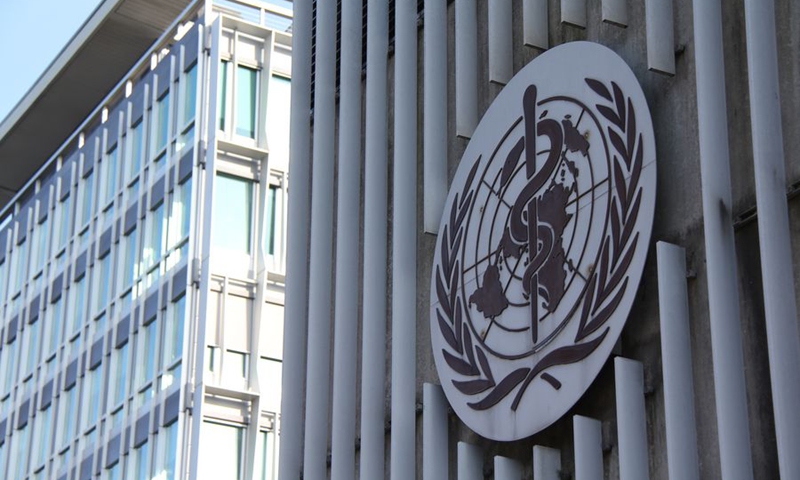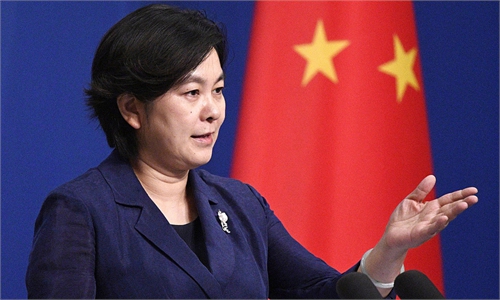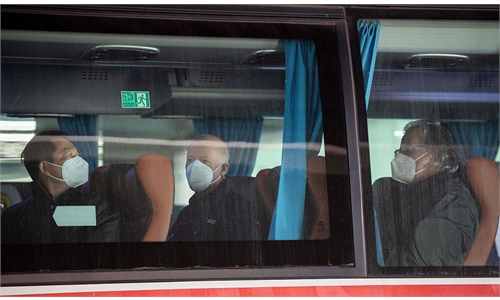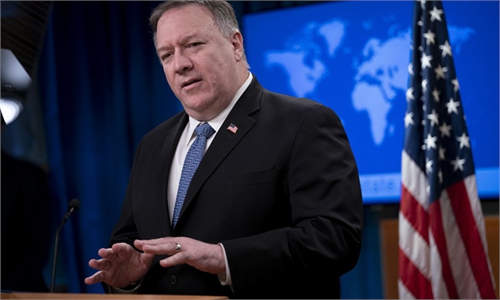
An exterior view of the headquarters of the World Health Organization (WHO) in Geneva. (Xinhua/Liu Qu)
Chinese observers said on Monday that the ability of risk perception, risk management and risk assessment should be a priority for countries to enhance anti-epidemic efforts and even though early epidemic prevention and control in Central China's Wuhan exposed weaknesses, no government can guarantee that it can handle things perfectly facing a novel virus in early stages.
The comments came after a recently-released report from a WHO-affiliated organization has drawn public attention, as it indicates that countries including China should have done better to curb the COVID-19 outbreak at the beginning. The WHO was also criticized as "underpowered."
"What is clear to the panel is that public health measures could have been applied more forcefully by local and national health authorities in China in January," the report said.
"There was evidence of cases in a number of countries by the end of January 2020. Public health containment measures should have been implemented immediately in any country with a likely case. They were not," said the report released on Friday.
Xue Lan, a professor and former dean at the School of Public Policy and Management of Tsinghua University in Beijing, told the Global Times on Monday that while the coronavirus has shown the world how cunning it can be, and experience in combating the virus in China has proven it is extremely difficult to deal with a brandnew virus. However, many countries are still making mistakes, either due to laxity or simply because they could not be avoided.
The report also said that there had been over 12,000 confirmed cases in China, but only 176 cases reported in the rest of the world as of February 4, 2020 — evidence of human-to-human transmission, but this was ignored by many countries.
After SARS hit China in 2003, the Chinese government built a direct reporting network for communicable diseases and public health emergencies to monitor all kinds of infectious diseases, especially pneumonia of unknown causes.
According to Xue, there is quite a lot of information about infectious diseases captured by the network. But in practice, the judgment of emerging infectious diseases requires a wealth of experience, and even if experts are very experienced, it is hard to be completely accurate facing a new virus and environment quickly.
The construction of a daily risk management mechanism needs to invest a lot of manpower, material and financial resources. But the payoff cycle for that investment could be five to ten years, Xue said.
"And the better you do the job, the less you see the payoff, because the risk may be cleaned up at the source. In this way, officials won't spend too much money on risk management, and ordinary people won't know when officials perform well," Xue said, noting that officials need to be trained in emergency management and risk awareness.
China's Ministry of Emergency Management was established in 2018. However, how to further promote the emergency management system and capacity building has been the direction of experts' efforts.
In terms of public health emergency management mechanism, there should be no hierarchy of judgment on scientific issues, Xue said.
Analysts said despite the local government's missteps in the early stages of the COVID-19 outbreak in Wuhan due to lack of experience, China had quickly corrected its response and managed to contain the domestic-transmitted surge by classifying different risk zones, applying health QR code systems, conducting timely and universal nucleic acid testing, and now a vaccination program is on the way.
Looking back, no country could perform perfectly in facing a novel virus. China had no experience in dealing with a completely new virus in the early stages, nor had other countries. No country can guarantee they won't make mistakes if a similar epidemic occurs again. The key is to learn from missteps and continuously improve the risk management and response mechanism, analysts said.
"Never think that when we get it right this time, we can rest easy forever. It is entirely possible that there will be new viruses that will not be noticed at all," Xue warned.




